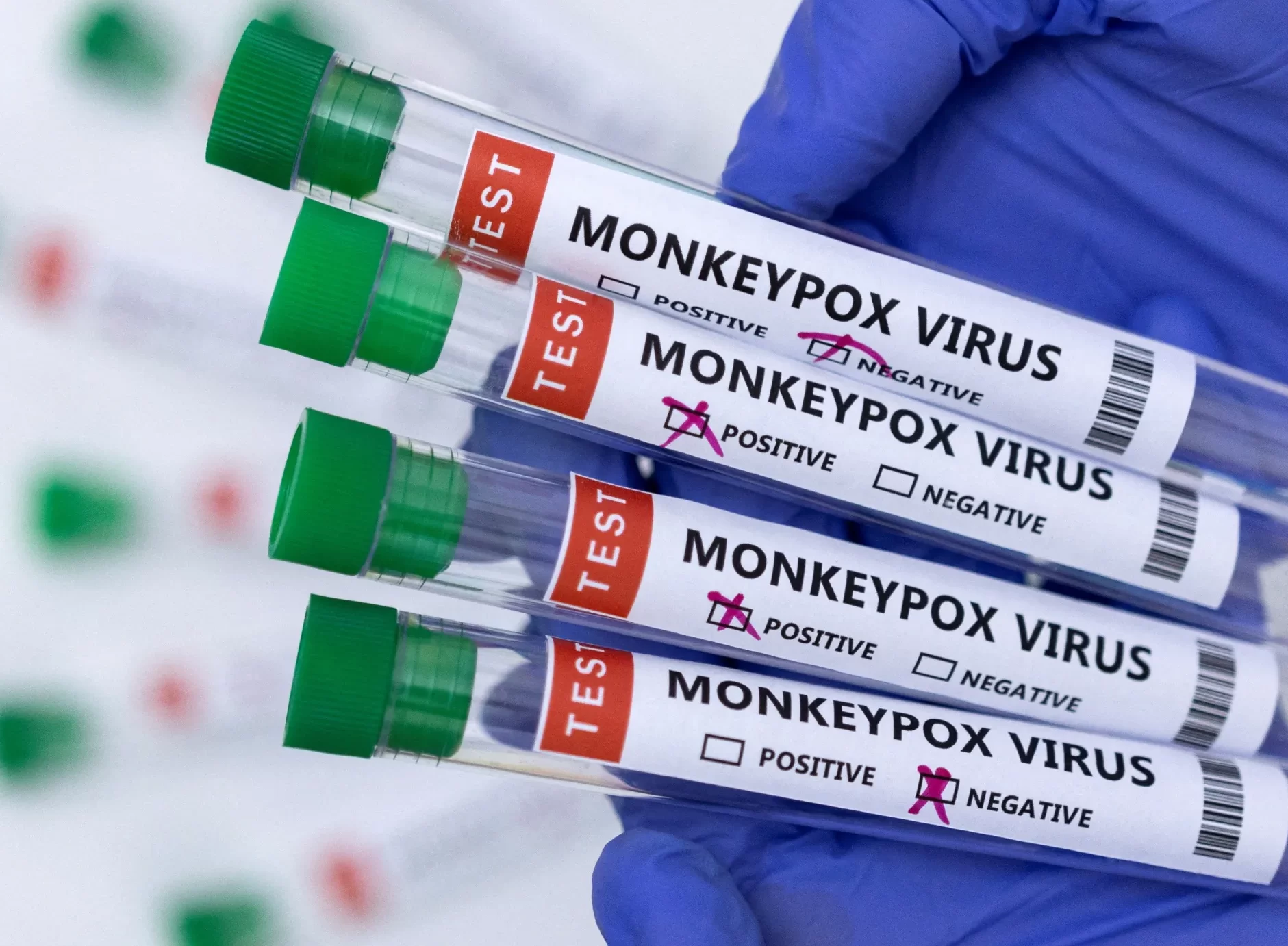The World Health Organization (WHO) expressed deep concern over the escalating monkeypox outbreak in the Democratic Republic of the Congo (DRC), reporting a staggering 25,318 suspected cases and 1,204 deaths since the outbreak was declared in December 2022.
In its latest statement released Tuesday, WHO highlighted the alarming surge in both cases and fatalities linked to monkeypox, along with its rapid spread to non-endemic provinces, since the outbreak was officially recognized by the DRC Health Ministry on December 16, 2022.
Since the onset of 2024, an additional 5,133 suspected cases, including 321 deaths, have been reported, according to the WHO report. The organization warned that the current situation regarding the monkeypox outbreak in the DRC is of “grave concern” due to the sustained increase in suspected cases compared to previous years, with a notable impact on younger populations, especially children under 15 years old, who represent the majority of both suspected cases and deaths.
In response to the crisis, a high-level emergency regional meeting on monkeypox in Africa convened in the DRC capital, Kinshasa, in April 2024. The meeting brought together 12 health ministers from regional countries with the aim of devising common strategies to effectively prevent and intervene in the face of the monkeypox threat in Africa.
Jean Kaseya, director general of the African Centers for Disease Control and Prevention (Africa CDC), stressed the importance of preventing cross-border transmission originating from the DRC and prioritizing the health of those affected in partnership efforts.
Roger Kamba, DRC minister of public health, hygiene, and prevention, emphasized the urgent need to address the growing monkeypox crisis, which he described as not only a significant public health concern for DRC communities but also a regional and global threat.
Monkeypox, first identified in laboratory monkeys in 1958, is believed to be transmitted from wild animals such as rodents to humans, or from human to human.

